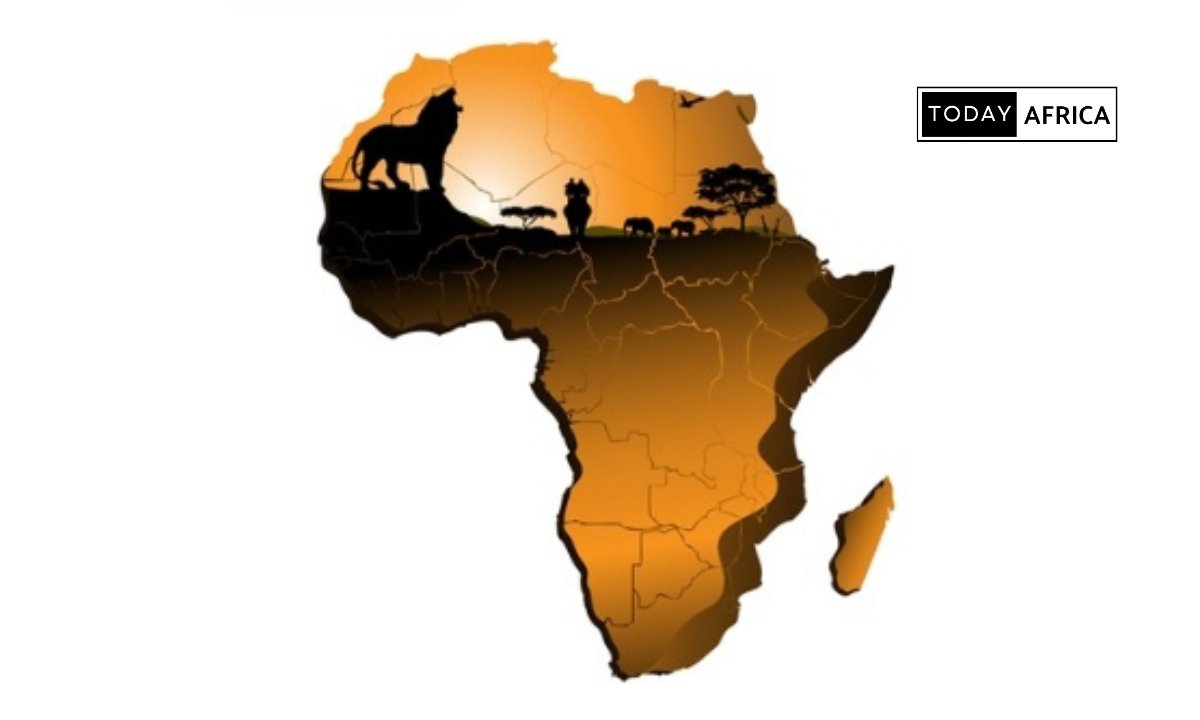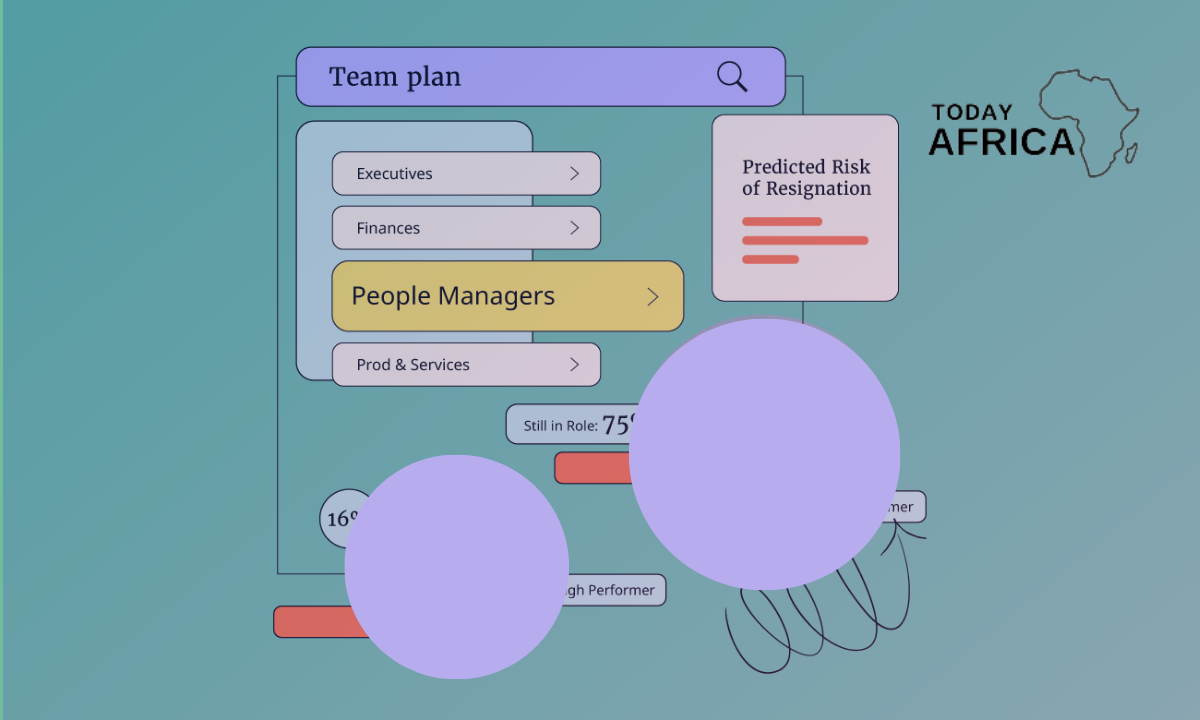Have you ever wondered why a few brands succeed in Africa and others don’t? The solution lies on how your brand is perceived in the market. And that’s where brand market research comes in.
Think of brand market research as a communication you have with your audience. It is about listening to their needs, desires, and opinions about your brand and its competitors.
So, in this blog post, we will understand what market research is and explore different brand market research tools to get the most out of your research.
What is Brand Market Research?
Brand market research involves collecting and analyzing data about a brand’s market, its customers, and competitors to understand how the brand is perceived and how it can better serve its audience.
By evaluating yourself against the competition, you will gain valuable insights. Imagine you are running a footwear company. Research can tell you why people prefer your brand over others. Is it because of your love of convenience, revolutionary designs, or ethical sourcing practices?
Ultimately, brand market research equips you to make informed decisions. You can tailor your marketing techniques to reach the right target audience in Africa, develop products that resonate with their desires, and build a brand that will truly connect with Africans.
Key Components of Brand Market Research
Brand market research goes deeper than general market research and focuses specifically on buyers’ beliefs about a particular brand. Here are the key components:
1. Assessment of the market
This preparatory phase includes a comprehensive evaluation of the overall market size, growth trajectory, and key developments. These records are critical to identifying potential opportunities and mitigating capacity issues.
2. Collection of consumer statistics
This degree delves into the psyche of the target market. Through in-depth buyer research, you gain valuable insights into their needs, preferences, and purchasing behavior. This knowledge is essential to building a brand that resonates deeply with your audience.
3. Analysis of competitive intelligence
A thorough competitive assessment will evaluate the strengths and weaknesses, techniques, and market position of your key competitors. This intelligence allows you to become aware of regions for differentiation and expand the competitive area.
4. Brand placement optimization
Brand positioning involves critically evaluating how your brand is currently perceived in the market. This analysis makes it possible to precisely determine the possibilities of refining the identification of your brand and creating a unique fee offer.
5. Targeting market segmentation
Market segmentation is a way of dividing the wider market into great corporations (segments) of clients with similar needs and characteristics. This focused approach enables the refinement of personalized advertising techniques that maximize the effect for each section.
How to Conduct Effective Brand Market Research?
Here are the key steps for effective emblem market research among African consumers.
1. Define your goals
Be sure to include what you want to see from your brand—interested in a way to grasp a figure, a concept of a consumer, or an object of acquisition?
2. Choose the right research technique
Choose and follow techniques to make your desires and target market very enjoyable. Here are some options to keep in mind:
- Surveys: Reach huge audiences and get quantitative data.
- Interviews: Get intensive qualitative insights from personal customers.
- Focus groups: Use your sign to spark stimulating discussions and insights into organizational dynamics.
- Observational study: Observe clients’ behavior in natural settings and explore their dreams and possibilities.
3. Collect data by combined use of both primary and secondary data
- Primary data: Instant behavioral surveys, interviews, and business facts with African buyers.
- Secondary data: See current information, commercial business intelligence and social media features applicable to the African market.
4. Analyze and interpret the results
Use an appropriate statistical system to view data and select key capabilities. Then, translate your findings into practical insights and tips to help you create your brand technique.
Benefits of Brand Market Research for African Startups
African businesses, like any business worldwide, can benefit immensely from brand market research Here are some key benefits:
- Understanding your customers: Research allows you to perceive the specific needs, desires, and capabilities of your target market. This allows you to tailor your brand message, services, and products to resonate with them, usually for greater consumer delight and loyalty.
- Identifying market developments: The African market is constantly evolving. Brand market research allows you to live ahead of the curve by uncovering upcoming trends and unmet client needs. This allows you to tailor your brand approach and possibly enjoy a competitive component.
- Building strong brand identity: Through research, you will leverage insights into how your target market perceives your brand and its competition. This allows you to enhance a unique brand identity that stands out and resonates together with your clients.
- Informed decision making: Brand market research offers valuable insights to help you with your marketing efforts. You can allocate things more effectively, expand focused marketing campaigns, and measure the overall performance of your advent brand projects.
- Discovering local nuances: African markets are diverse, with cultural and social differences in different regions. Research will allow you to understand these nuances and adapt the branding technique to resonate with the local audience to your target market.

What are the Right Brand Market Research Tools to Use?
Here are some options to keep in mind:
- Yazi: This platform specializes in collecting information through chat conversations on WhatsApp and comparable applications. Boasting a huge African target market, it provides insights into the depth of respondent statistics.
- General market study tools: Some famous international tools can still be appreciated, but look for skills that shape the African context.
- Survey tools: Tools like Typeform or Google Surveys can be used to create surveys and distribute them online or through mobile apps.
- Social media listening: Platforms like SparkToro let you know about trend properties and conversations African buyers are having online.
- Africa-specific data providers: Search for tools like Africa Research Tools or GeoPoll that provide records and information tailored to African markets.
Effective Brand Market Research Strategies to Employ
Effective brand market research depends on a progressive approach: knowledge of your target audience and control of the competitive landscape. Here are some key brand market research strategies to employ:
- Market segmentation: Divide the market into great businesses based on demographic, geographic, behavioral, or psychographic data to tailor research and marketing efforts.
- Use mixed methods: Combine qualitative and quantitative research techniques to gain comprehensive market intelligence.
- Leveraging technology: Leverage the latest technology to efficiently and conveniently capture and analyze records.
- Remain culturally sensitive: Ensure research techniques and tools are adapted to respect and understand local cultures and traditions.
- Get involved in the community: Build relationships with local groups that you will benefit from and gain more insight.
Read Also: 22 Best Marketing Newsletters for Startups in Africa
Challenges of Brand Market Research
Africa’s rich tapestry extends far beyond busy cities. This diversity presents a treasure trove of potential for brands, but traditional market research approaches can struggle to capture the whole picture.
Data scarcity in remote areas and limited internet access due to infrastructure challenges pose hurdles. Additionally, a significant portion of African commerce flourishes in informal markets, invisible to conventional tracking methods.
However, these challenges shouldn’t deter brands from exploring the African market. Africa boasts a young, growing population with a rising disposable income, making it a consumer powerhouse waiting to be tapped into.
By adopting creative solutions, brands can bridge the research gap. Techniques like mobile phone surveys, leveraging local partnerships for on-the-ground insights, and even incorporating qualitative research methods like focus groups adapted for local contexts can prove highly effective.
By embracing Africa’s unique ecosystem and tailoring research methods accordingly, brands can unlock a wealth of valuable consumer insights, propelling them toward success in this dynamic market.
How to Implement Findings from Brand Market Research?
Here’s how you can turn your brand market research findings into action:
- Analyze and prioritize: Don’t race to the right solution. Examine your results to pick out the most critical issues and commonalities. Prioritize the most skillful exposure entirely based on their ability to grow your brand.
- Refine your target audience: Brand research can help you uncover nuances within your target market. Use stats to embellish your audience’s personality to better understand their true desires and preferences.
- Create messages that resonate with your target audience: Utilize research to understand their pain points and create the brand story that speaks to them.
- Update brand identity: This could involve new visual displays of your brand (logo, colors, etc) or messaging based entirely on research. Moreover, this may involve changes that are more representative to more intentionally replicate the image of your target market or your brand’s desired image.
- Create a plan: Develop a clear plan for how you can apply what you have learned. This should be a description of actual moves, timelines, and who is charged for each step.
- Track the changes made: Track the consequences of the changes made. You can now use this information to find out what works and what development requires. Remember that brand research is an ongoing process, so be organized to develop your approach as you research more.
Remember, driving success requires clear communication and collaboration across your team. Make sure everyone understands the research findings and how they will be used to strengthen your brand.
Conclusion
Brand market research is essential for knowing your target audience, perfecting your techniques, and staying ahead of the competition.
By using the right brand market research tool and strategies, you can use valuable insights to boost your brand’s success. We hope this guide will help you get started on your journey to brand market research.
We would love to pay attention to your opinions and reviews! Leave a comment below and follow us on social media for more tips and updates:
- Facebook: Today Africa
- Instagram: Today Africa
- Twitter: Today Africa
- LinkedIn: Today Africa
- YouTube: Today Africa Studios
Frequently Asked Questions
1. How often do I need to do brand market research?
Regular research is ideal. The market and consumer options are constantly evolving, so the intention is to conduct behavioral research at least annually, with smaller checks at some point in the year if possible.
2. How do I get audience awareness for brand research?
Start by thinking about your current client base and demographics. Then dig deeper into their needs, behavior, and online behavior to create a clear picture of your perfect buyer.
3. What are some common mistakes to avoid in brand market research?
Relying entirely on internal assumptions about your brand is tricky. Positively gather facts from outside sources to gain an objective perspective. Also, stay away from leading questions in surveys that could skew the effects.
4. Can I do brand market research on a budget?
Absolutely. Free and low-cost tools are available for surveys, social media listening, and website analytics. You can also conduct smaller focus groups or one-on-one interviews to obtain valuable qualitative data.
Reference
















